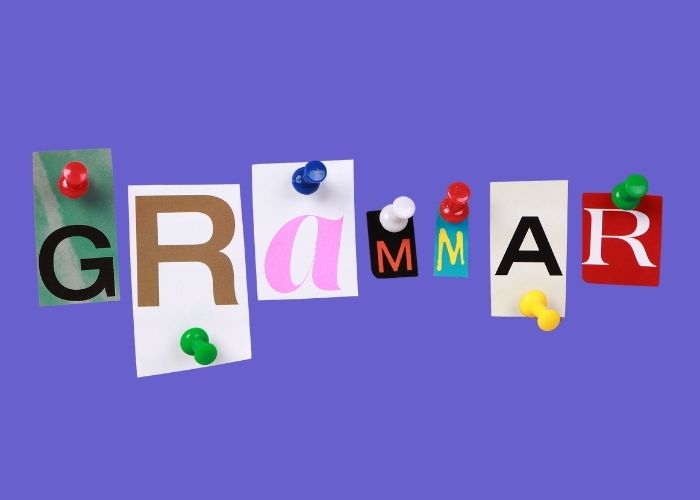4 Tips for Learning Verb Tenses
Are you eager to enhance your English-speaking skills and master verb tenses? Understanding the nuances of present tense, past tense, and future tense is essential for effective communication in English-speaking environments. Whether you’re speaking English fluently or just starting your language learning journey, this guide provides valuable insights to help you navigate verb tenses with confidence.
Present Tense:
The present tense is the most commonly used verb tense in English and is used to describe actions that are currently happening, habitual actions, general truths, or future events scheduled to occur.
For example:
“I speak English fluently.”
“He speaks English fast.”
“She learns English every day.”
“The English speaking app helps users improve their language skills.”
Mastering the present tense allows you to communicate effectively in everyday conversations and express ideas with clarity.
Past Tense:
The past tense is used to describe actions or events that occurred in the past. English has several ways to express the past tense, including regular verbs that end in “-ed” and irregular verbs that have unique past tense forms.
For example:
– “I studied English last night.”
– “They visited London two weeks ago.”
– “She watched a movie yesterday.”
– “He spoke English fluently when he was young.”
Understanding past tense forms and their usage enables you to recount past experiences and narratives accurately in English-speaking settings.
Most used Irregular Verbs:
see
saw
go
went
eat
ate
write
wrote
Future Tense:
The future tense is used to describe actions or events that will happen in the future. English employs various structures, including auxiliary verbs like “will” or “shall,” to convey future actions or intentions.
For example:
– “I will learn English speaking techniques next month.”
– “He plans to speak English fluently by the end of the year.”
– “She is going to travel to England next year.”
– “They shall attend an English-speaking workshop tomorrow.”
Mastering the future tense allows you to discuss future plans, aspirations, and predictions confidently in English conversations.
Tips for Learning Verb Tenses:
1. Practice Consistently: Regular practice is key to mastering verb tenses. Incorporate speaking English into your daily routine and utilize language learning resources, such as English-speaking apps, to reinforce your skills.
You can carry your English speaking friends in your pocket with English mobile speaking applications! LinqiApp distinguishes itself from these applications by allowing you to talk safely with people from 190 countries. LinqiApp is a mobile application where you can improve your English speaking skills, track your progress, and learn while having fun with daily gamified tasks! Also you can use all the tips above in one Learning English Application: LinqiApp!
2. Focus on Context: Pay attention to the context in which different verb tenses are used. Understanding the context helps you choose the appropriate tense for each situation accurately.
3. Seek Feedback: Solicit feedback from native speakers or language instructors to identify areas for improvement and refine your understanding of verb tenses.
4. Speak English Fast: Aim to improve your fluency by speaking English regularly and gradually increasing the speed of your speech. Practicing speaking at a faster pace enhances your ability to communicate effectively in real-time conversations.






